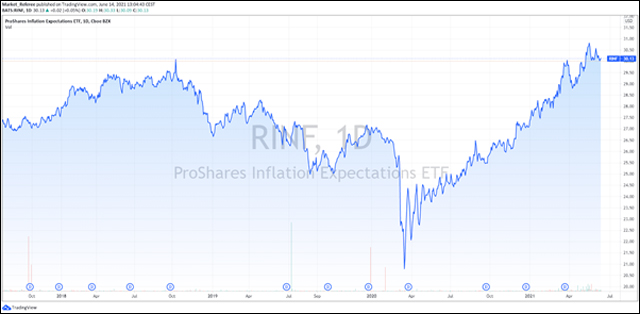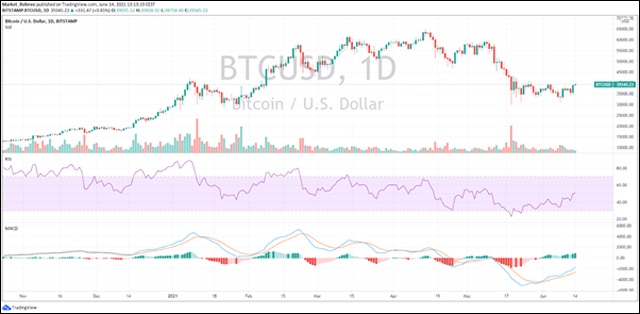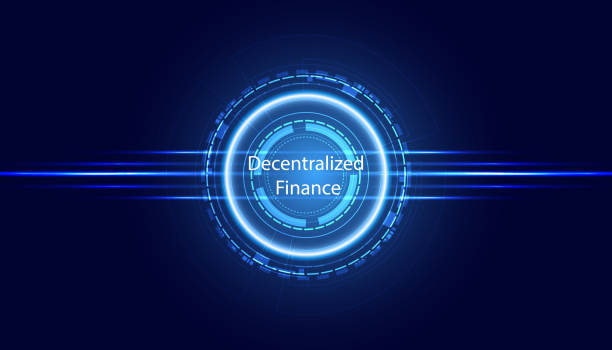Despite a 5% year-on-year rise in the US CPI to a 13-year high, the major US indices ended the week reaching new all-time highs.

The question then arises, why? On the one hand, it seems that the Fed managed to persuade the public that a spike in inflation is a transitory effect, caused by the increase in raw materials. On the other hand, uncertainty about the future of monetary policy remains.
However, the focus of our attention is rather on the behavior of the fixed income markets. Despite the fact that inflation grew to maximums since 2008, bond prices also rose in the week, and yields fell significantly. To be more precise, the yield on the US 10-year Treasury fell to 1.43% on June 10, its lowest level since March, while the yield on government bonds also declined in the UK, Germany, and Japan.
So what is exactly going on? First, the major central banks have not responded to rising inflation by tightening monetary policy. The second reason could be the slow pace of negotiations between Democrats and Republicans around the stimulus plans proposed by US President Joe Biden, including the infrastructure plan.
Speaking of nuclear deal negotiations with Iran, the United States announced that it had lifted sanctions on three former Iranian officials and two companies that previously traded in Iranian petrochemicals, a step that one official called routine but could show Washington’s willingness. to soften sanctions when justified. The US official said the US Treasury’s Office of Foreign Assets Control (OFAC) measures were not related to efforts to reactivate Iranian-US compliance with the nuclear deal. Despite this, oil prices rose to their highest value in more than two Thursday on optimism from strong demand after new applications for unemployment benefits in the United States fell to their lowest level since the beginning of the coronavirus crisis.
In the case of the cryptocurrency market, El Salvador legally recognized Bitcoin as a means of payment. In this context, the IMF said that it has a series of economic and legal concerns regarding El Salvador’s decision to make bitcoin a parallel legal currency: “The adoption of bitcoin as legal tender in El Salvador carries macroeconomic, financial risks. and legal, so we are closely monitoring developments and continuing to consult with the authorities.”

Elon Musk, in turn, wrote a message on Twitter saying that Tesla will accept bitcoin again when its creation process is more sustainable. “When there’s confirmation of reasonable (~50%) clean energy usage by miners with the positive future trend, Tesla will resume allowing Bitcoin transactions.”
Speaking of the global minimum tax, the UK intends to leave the banks out of the deal. Interestingly, the countries of the European Union are in the same position. Joe Biden’s intentions are clear in this regard and he has defended on several occasions that this agreement cannot affect only technology companies, the vast majority of the American, so the debate at the next meeting is served.
In the meantime, the Biden administration introduced new tariffs for 6 countries for imposing digital taxes on Facebook, Amazon, and Google. According to the administration, tariffs of 25% will be applied to goods worth about $ 2.1 billion. A new episode of the tariff war will affect Austria, Great Britain, India, Italy, Spain, and Turkey.
Finally, we find it important to mention that the Reverse Repo market is still flooded with liquidity. Demand for the Federal Reserve Bank of New York’s overnight reverse buyback program (PVP) continues to grow as the problem of liquidity congestion persists. Daily repository usage has absolutely rocketed from next to nothing to $ 50 billion in April to $ 502.9 billion now. As we said earlier, it is nothing more than a sign of incredible demand for dollar financing and overwhelming amounts of dollars in the system. In this context, the question arises: when will the Fed finally decide to address the rate of the IOER (Interest on Excess Reserves) or the Reverse Repo Facility?

 Hot Features
Hot Features













